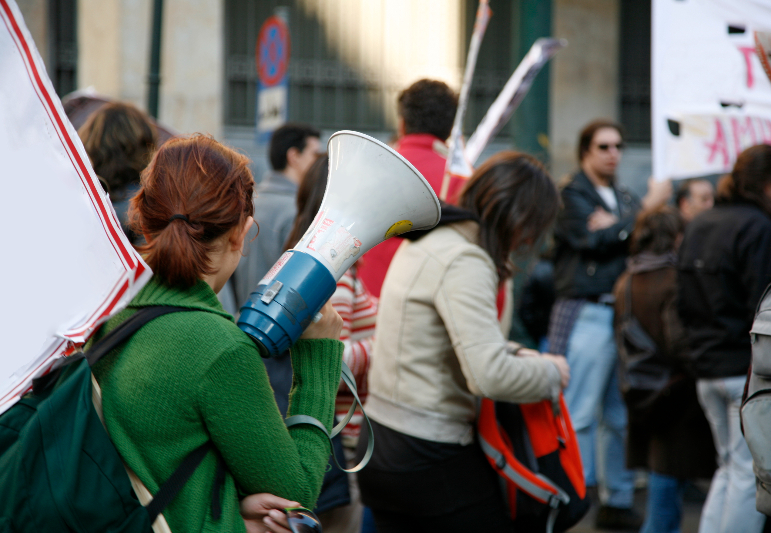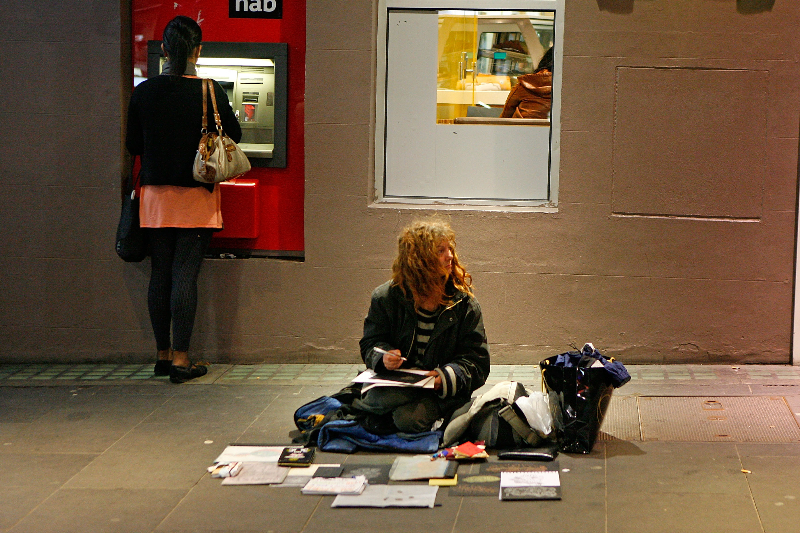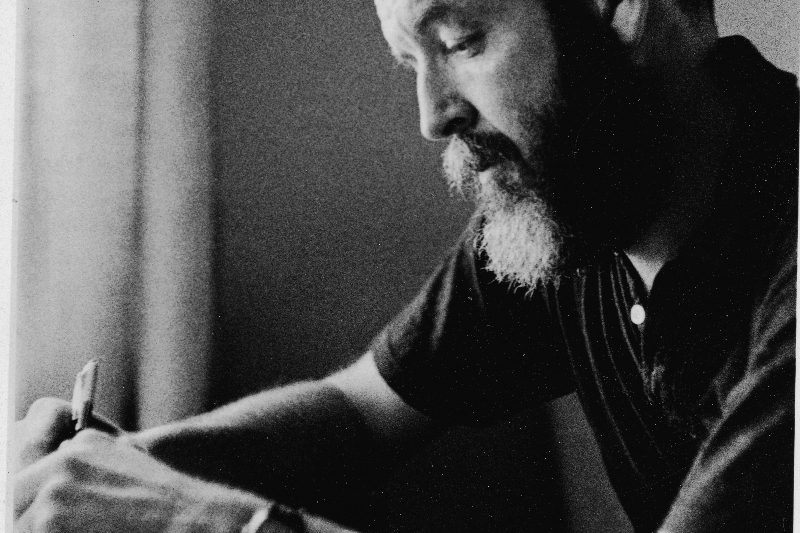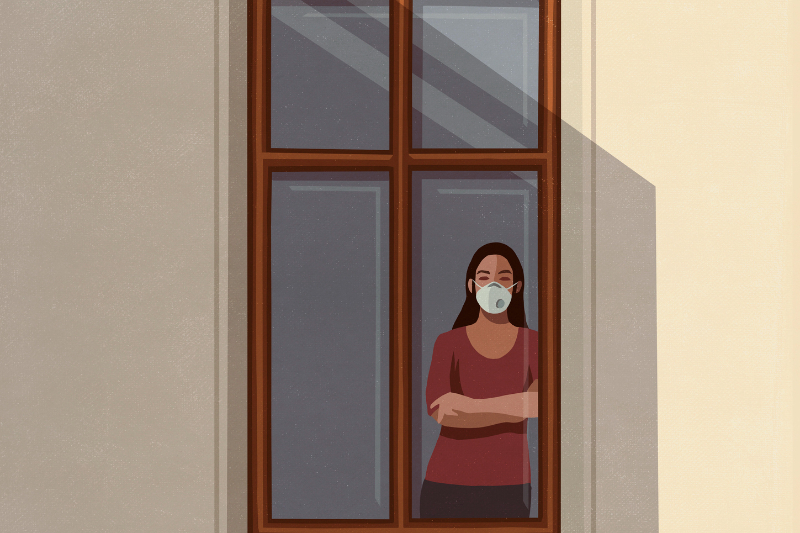Keywords: Poet
There are more than 200 results, only the first 200 are displayed here.
-

ARTS AND CULTURE
- Philip Harvey
- 02 February 2022
3 Comments
I was invited to read the poetry at Eureka Street by Morag Fraser, sometime in the mists. She shouted me coffee at the Chinese place across Victoria Street from the magazine’s Richmond offices. That was nearly twenty years ago. As we crunched on fortune cookies, she popped the question. I’ve been editing poetry at Eureka Street ever since and have only chosen to let go of the job this summer.
READ MORE 
-

ECONOMICS
- David James
- 31 January 2022
5 Comments
There is a great deal of commentary about the growing importance of artificial intelligence, or AI, especially in business circles. To some extent this is a self-fulfilling prophecy — if people think something will have a seminal effect then it probably will. But if the supposed commercial benefits are significant, the dangers are potentially enormous.
READ MORE 
-

AUSTRALIA
- John Falzon
- 20 January 2022
7 Comments
Social security payments were once seen as a means of preventing poverty, not prescribing it. A job was once seen, at least for some, as being not only the best guarantee against poverty but the path to economic security. Now it seems, however, multiple jobs are required to stave off poverty.
READ MORE 
-

ECONOMICS
- John Falzon
- 04 January 2022
7 Comments
When you put rising housing costs alongside stagnating wages, an alarming trend in normalising insecure work, persistent unemployment and underemployment, and statutory incomes that are going backwards in real terms, there’s good reason to be deeply worried about an increase in homelessness.
READ MORE
-

ARTS AND CULTURE
- Jamie Dawe
- 06 December 2021
1 Comment
I own my proclivities and short comings / I own the transgressions of those which have inflicted wounds some unhealed / I own the sublime moments of subjective joy / I own little but I am rich in compassion / I own not the land it owns me
READ MORE 
-

ARTS AND CULTURE
- Les Wicks
- 22 November 2021
The largest wave is friendship. / Heard stories about seamlessness / that sleepy beast of an upsurge that carries you in / until your fin cuts a channel in the sand. / There are dumpers that leave you gasping. / Will & persistence, how a cold current / can race to your head.
READ MORE 
-

ARTS AND CULTURE
You’re a scavenger / so restless in your wakings / picking remnants in the hours / thieving at the doorstep / to sleep-this threshold / I turn to your profile / mussed hair dark on grey / we are always touching.
READ MORE 
-

ARTS AND CULTURE
- Philip Harvey
- 04 November 2021
10 Comments
Although I teach poetry and do occasional workshops, the following is written in response to one such workshopper, new to writing poetry, who in lockdown would message me on social media with fairly open-ended questions about poetry. My answers are written after the wry manner of the Polish poet Wislawa Szymborska; wry, but generally helpful. They are not the launch pad for a new poetics. I have stopped for now at 12 questions, but the questions keep rolling in.
READ MORE 
-

ARTS AND CULTURE
- Andrew Hamilton
- 26 October 2021
4 Comments
These weekday mornings all is quiet. / I stroll across the highway, / a piddle of cars in the outbound lane, / a puddle at the distant lights. / Along the parkland trail / cowled figures walk alone, / measuring their distance. / From the rise above the railway cutting / Macedon stands burly in the smoke-free air.
READ MORE 
-

ARTS AND CULTURE
- Jennifer Gribble
- 14 October 2021
8 Comments
Well before the pandemic, the future for poetry’s slim volumes was looking far from healthy. Last November, the threatened closure of UWA Press, one of the largest publishers of poetry in Australia, drew attention to the narrowing opportunities for emerging poets to make their mark.
READ MORE 
-

ARTS AND CULTURE
- Ugo Rotellini
- 11 October 2021
1 Comment
The neighbour says, So sorry. And sir, / you are the last paesano on this street. / Maria you promised me. I could go first. / Ti perdono, I forgive you, amore mio. / I sit in our backyard under lemon shade, amongst / the hens tomato plants and capsicums. I fall into each / wishful memory. We danced, those ad-hoc strolls / and laughter, you hummed our favourite songs.
READ MORE 
-

ARTS AND CULTURE
- John Cranmer
- 28 September 2021
In this experience of place and moment / is a knowing of timelessness / offering persistent invitation into a deepness of silence / Silence knowing and living out / the roots of a self-aware becoming / sometime known as eternity
READ MORE 